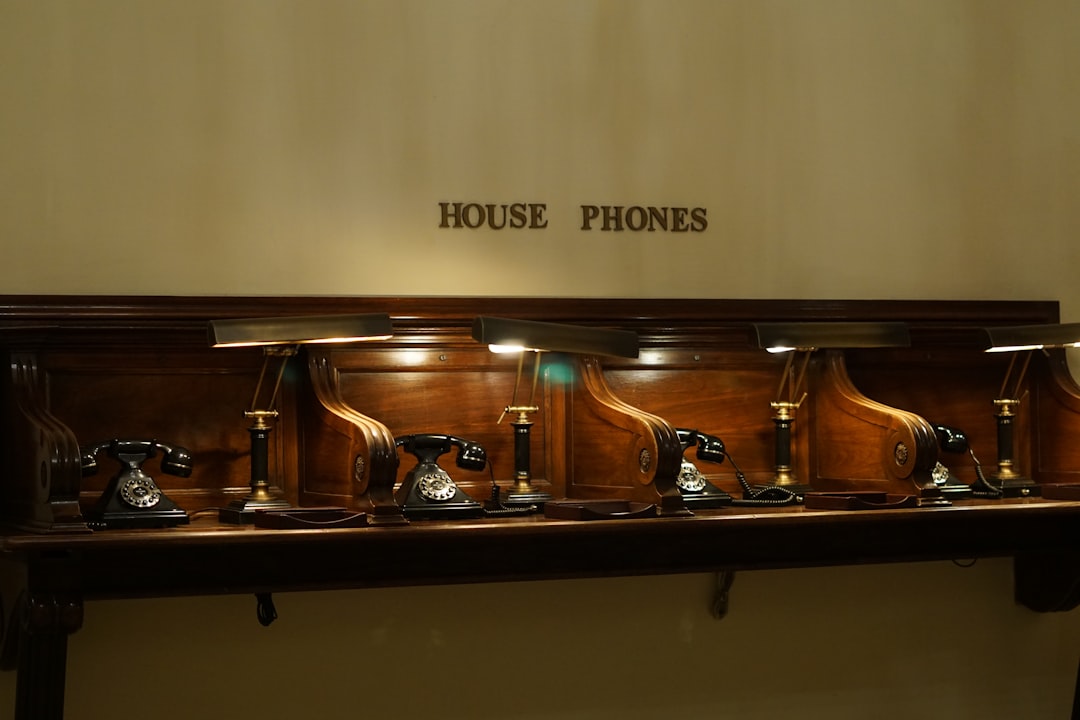Unwanted robocalls are a prevalent issue for Massachusetts residents, prompting the Federal Communications Commission (FCC) to enforce regulations through do-not-call lists and consent requirements. For relief, individuals can consult unwanted call attorney MA experts who guide them on FCC complaints, rights, and legal actions against violators, aiming for a fairer communication environment.
In today’s digital age, unwanted robocalls have become a ubiquitous nuisance for Massachusetts residents. The Federal Communications Commission (FCC) plays a pivotal role in regulating these automated calls, establishing rules to protect consumers from invasive marketing tactics. This article delves into the FCC’s mandate, exploring how its regulations impact residents in MA and offering practical solutions to combat relentless robocalls. Understanding the FCC’s jurisdiction is key for those seeking legal recourse through an unwanted call attorney.
The Federal Communications Commission (FCC): Role and Jurisdiction in Regulating Robocalls

The Federal Communications Commission (FCC) serves as the primary regulatory body in the United States tasked with overseeing communication technologies and ensuring fair practices, including those related to robocalls. With its vast jurisdiction over various forms of electronic communication, the FCC plays a crucial role in protecting consumers from unwanted calls, a prevalent issue faced by many Massachusetts residents.
The commission has implemented specific rules and regulations to curb excessive or unlawful robocalling activities. It offers guidelines for businesses and call centers operating within its jurisdiction, ensuring they adhere to strict do-not-call lists and obtain proper consent before making automated telephone marketing (ATD) calls. For Massachusetts residents troubled by Unwanted call attorney MA, the FCC provides channels to file complaints and take action against violators, empowering individuals to combat this growing nuisance.
Unwanted Robocalls in Massachusetts: Impact and Legal Protections for Residents

Unwanted robocalls have become a widespread nuisance for Massachusetts residents, with an estimated millions of calls flooding phone lines daily. These automated messages, often promoting various products or services, can be intrusive and disruptive, leading to frustration among recipients. The Federal Communications Commission (FCC) plays a pivotal role in mitigating this issue by enforcing regulations that protect consumers from excessive and unwanted robocalls.
Massachusetts residents enjoy legal protections under the Telephone Consumer Protection Act (TCPA), which restricts the use of automated dialing systems and prerecorded messages without prior express consent. If you’ve been plagued by persistent or unauthorized robocalls, consulting an unwanted call attorney MA could be beneficial. Legal experts specializing in this area can guide residents on their rights, help navigate the complexities of FCC regulations, and pursue legal action against violators to curb the deluge of unwanted calls.
Navigating the FCC's Rules: What Massachusetts Residents Can Do to Stop Robocalls

The Federal Communications Commission (FCC) has implemented rules and regulations aimed at curbing robocalls, providing Massachusetts residents with certain protections. One significant step is the requirement for caller identification to be accurate and reliable, allowing recipients to identify and report suspicious calls. Additionally, the FCC has established do-not-call lists, enabling individuals to register their phone numbers to prevent unsolicited sales calls.
If you’re experiencing a surge of unwanted robocalls, Massachusetts residents have options. Consulting with an unwanted call attorney MA can be beneficial. Legal experts in this field can guide you through the process of filing complaints with the FCC and state regulatory bodies, as well as help you understand your rights and available remedies. This proactive approach ensures that your rights are protected, and unwanted calls are minimized.






